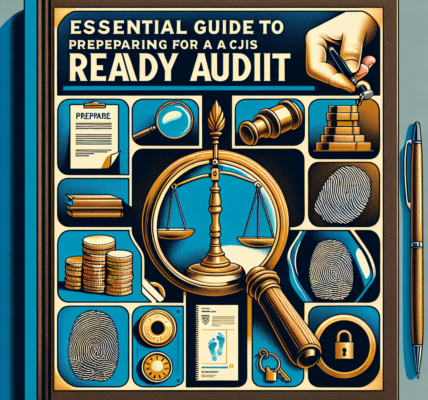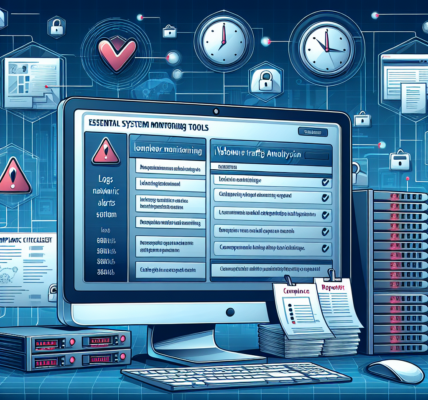Understanding CJIS Ready Information Exchange Agreements is critical for organizations handling criminal justice information. Non-compliance can lead to severe penalties, including loss of access to essential data and damaged reputations. As the stakes rise, ensuring adherence to the Criminal Justice Information Services (CJIS) Security Policy becomes paramount. This comprehensive guide unveils the core principles and essential components of CJIS Ready Information Exchange Agreements, equipping you with the knowledge to navigate this complex landscape confidently.
Key Principles of CJIS Ready Information Exchange Agreements
The foundation of any CJIS Ready Information Exchange Agreement rests on the understanding that compliance is not merely a checkbox exercise but a critical operational necessity. It ensures that organizations managing sensitive criminal justice information uphold the highest standards for data security and integrity. Organizations must recognize that these agreements are structured around safeguarding vital information from unauthorized access, which is the lifeblood of public safety and law enforcement operations.
Another core principle is the need for continuous risk management. This entails not only implementing robust security measures but also regularly reassessing them to adapt to evolving threats. A proactive stance on risk management ensures that organizations mitigate vulnerabilities before they can be exploited. The CJIS Security Policy emphasizes that security is an ongoing commitment, requiring all parties involved to remain vigilant in their practices and protocols.
Finally, establishing clear lines of accountability is essential. Each member of the information exchange must understand their role and the implications of their actions on the overall security of CJIS data. Regular training and updates on policy changes foster a culture of compliance and awareness that is vital for maintaining the integrity of the information exchange. Thus, accountability is not just a responsibility but a shared ethos among all stakeholders involved.
Essential Components for Compliance and Implementation
For any organization to be truly CJIS Ready, the framework of compliance must include specific components that address both technical and administrative safeguards. First and foremost, it is essential to conduct a thorough risk assessment to identify potential vulnerabilities and implement appropriate controls. This detailed evaluation will guide the development of tailored security measures, ensuring that data protection strategies are both relevant and effective against contemporary threats.
In addition to risk assessments, creating clear policies and procedures is fundamental. These should outline data handling practices, incident response protocols, and user access controls, all tailored to CJIS standards. By documenting procedures and ensuring that all personnel are trained on these guidelines, organizations establish a strong organizational framework that minimizes the risk of non-compliance and enhances operational efficiency.
Lastly, establishing a robust auditing mechanism is critical for continual compliance. Regular audits help organizations monitor adherence to CJIS requirements, identify areas for improvement, and demonstrate accountability to stakeholders. These audits should evaluate both technical controls and employee compliance with established policies, ensuring that organizations not only meet initial compliance standards but maintain them over time. This systematic approach to compliance fosters a culture of security that permeates all levels of the organization.
With the pressing need to protect sensitive criminal justice data, understanding CJIS Ready Information Exchange Agreements is non-negotiable for organizations handling this information. By embracing the core principles of compliance and integrating essential components into their operations, organizations can effectively safeguard their data and uphold the trust placed in them by the public. Empower your organization to take action today; ensure that your information handling practices are not only compliant but exemplary, thus protecting both your organization and the communities you serve.




